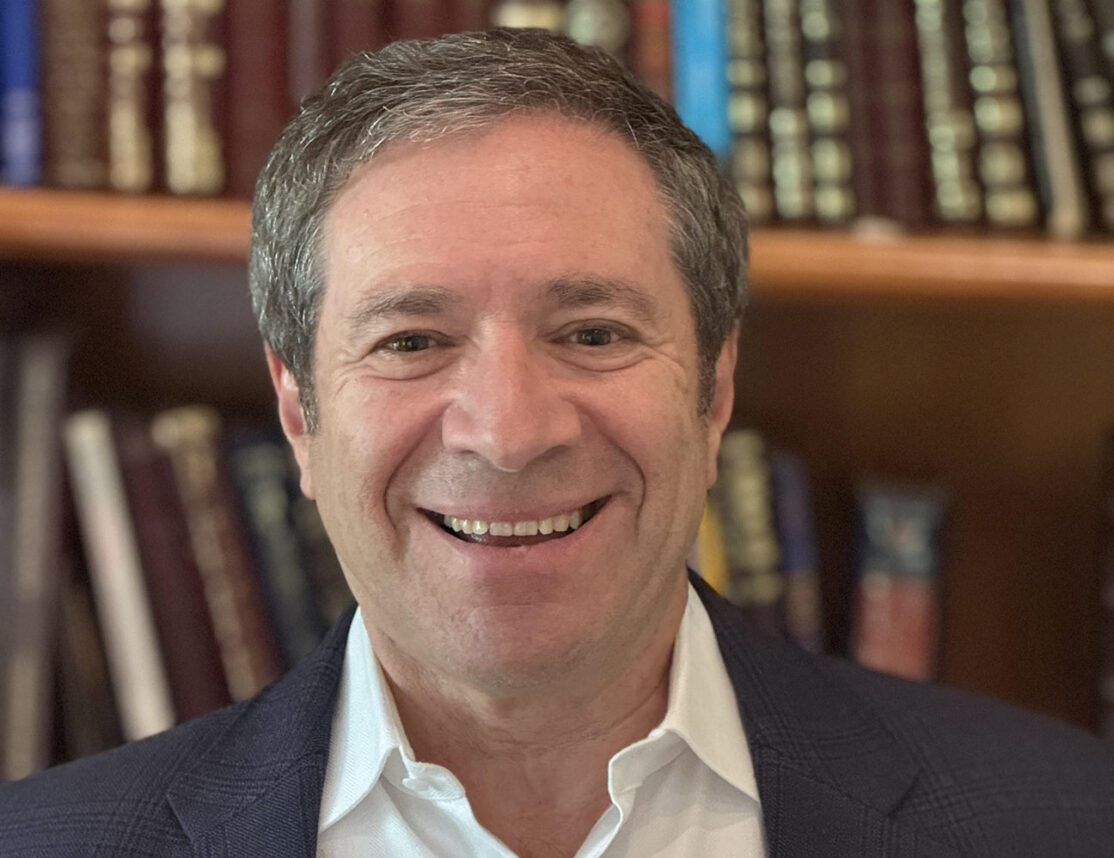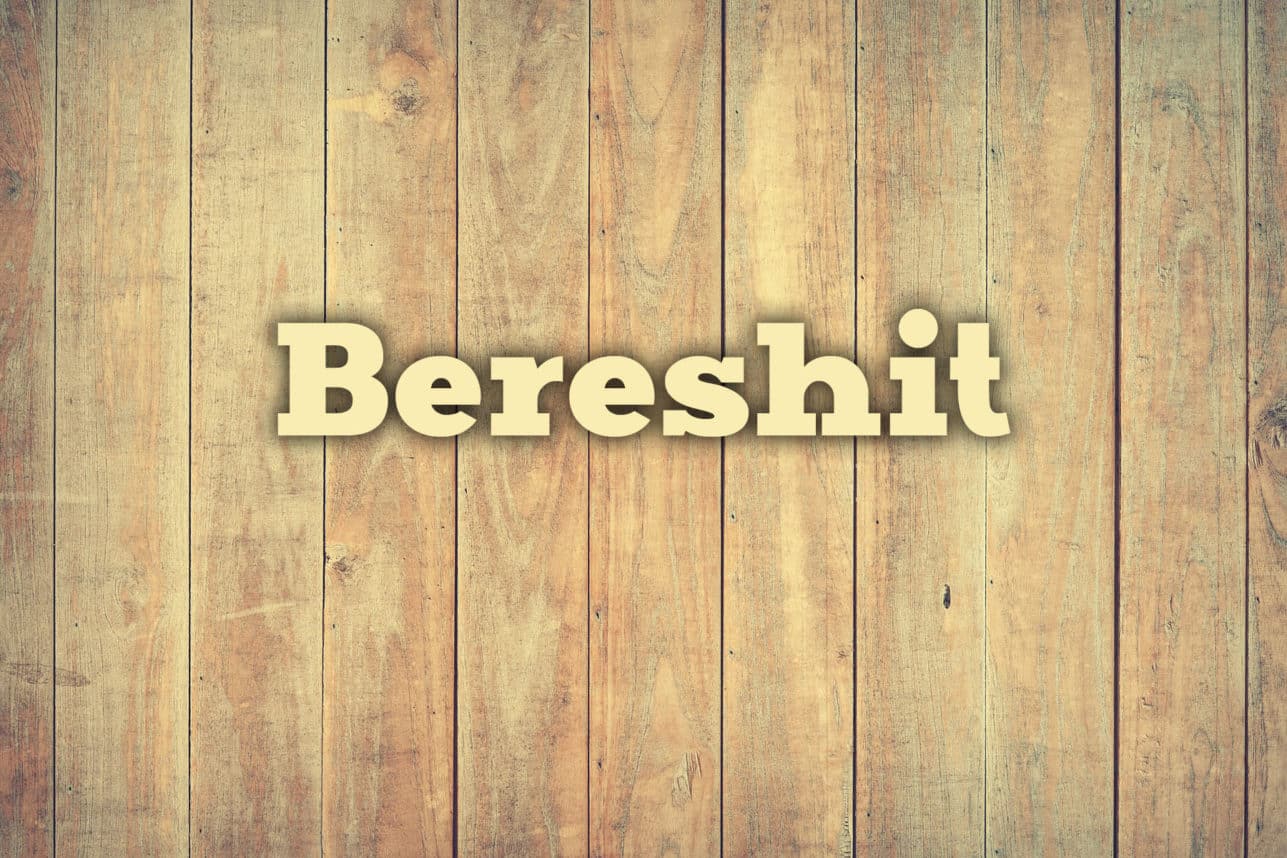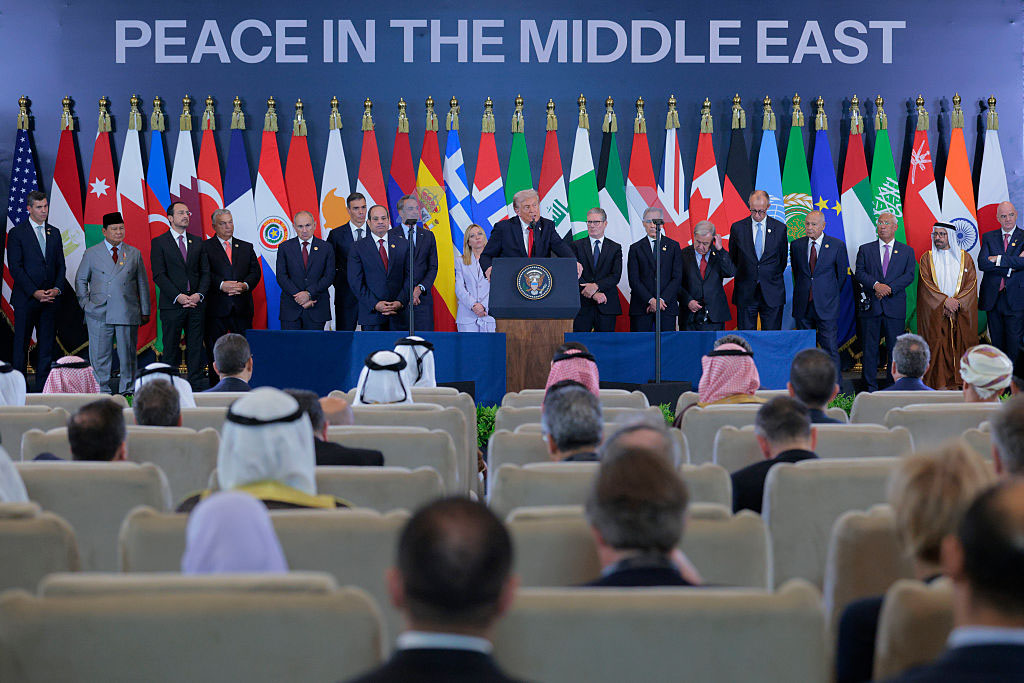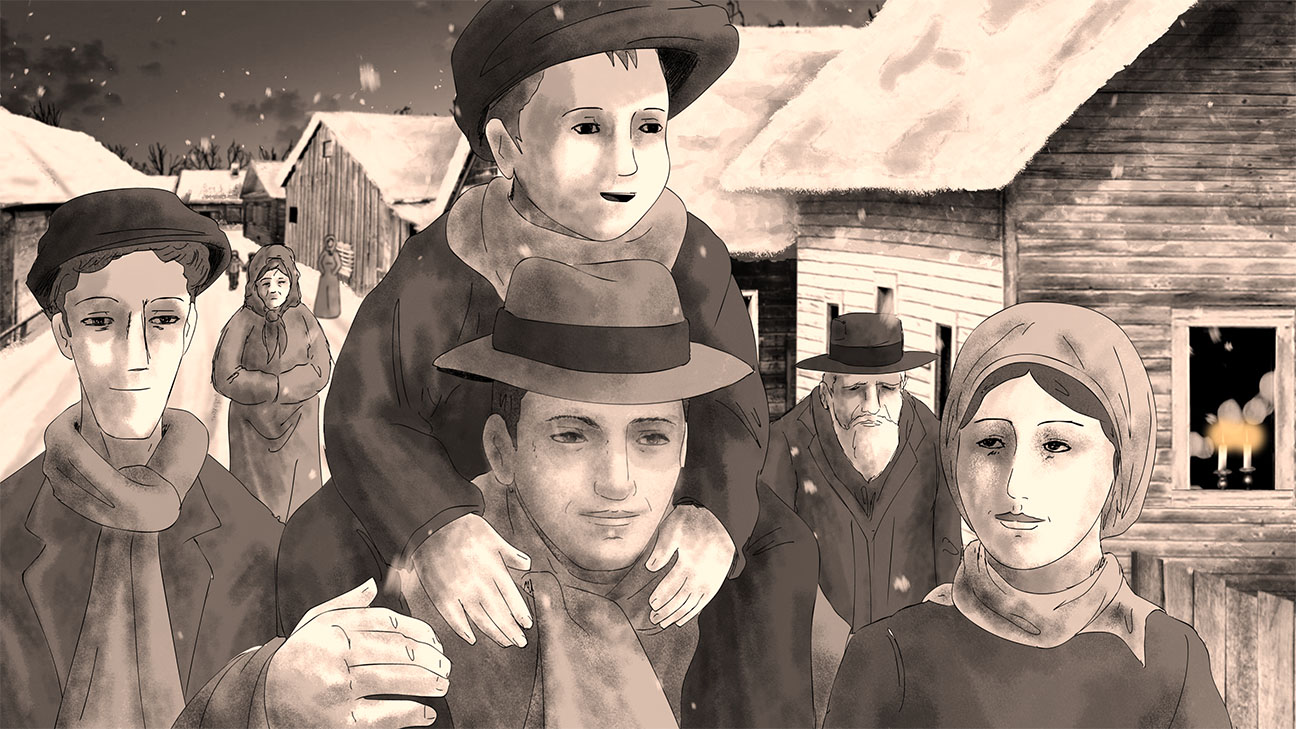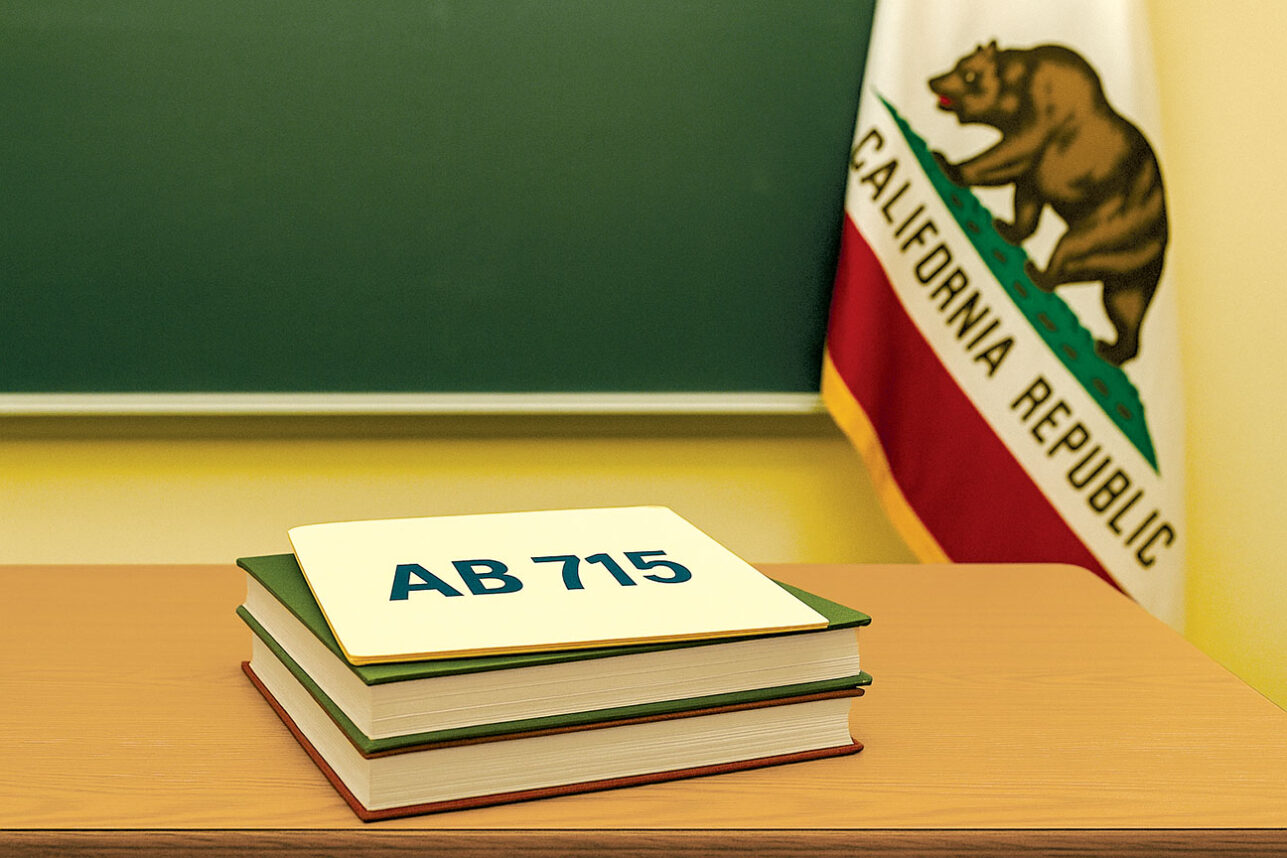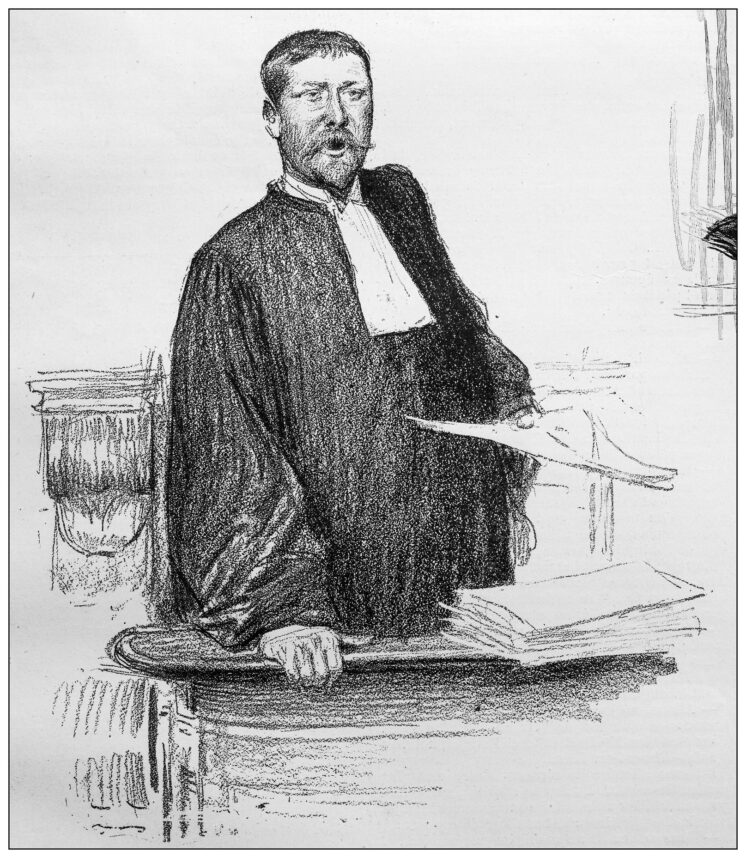The Jewish world has been shaken by the decision of the Presbyterian Church (USA) to divest from three companies that it claims “further the Israeli occupation of Palestine.”
The denomination has placed itself squarely on the side of the divestment movement that seeks to hold Israel solely to blame for the plight of the Palestinian people. It did so, furthermore, over the opposition of many Presbyterian pastors and lay leaders.
Despite protests to the contrary by the denomination’s leaders, the church’s embrace of divestment is an affront to the Jewish community.
The insult is made worse by the release earlier this year by the church’s Israel/Palestine Mission Network of a vehemently anti-Zionist congregational study guide, “Zionism Unsettled.” This ahistorical and wildly biased broadside impugned the Jewish connection to the Land of Israel and the very legitimacy of this core element of Jewish identity. While the church’s recent General Assembly did pass a resolution stating that “Zionism Unsettled” does not represent the denomination’s views, the study guide remains for sale on the church’s website.
The Israel/Palestine Mission Network of the Presbyterian Church (U.S.A.) released a study guide titled “Zionism Unsettled” with a companion DVD.
Regrettably, the church — which often has been a partner of the Jewish community on critical social justice issues — has been on a 10-year road to this moment. At the Presbyterians’ 2004 General Assembly, the church’s Mission Responsibility Through Investment committee called for a “phased, selective divestment in multinational corporations operating in Israel.” Since then, within the church, Israel has often been compared to South Africa’s nefarious apartheid regime.
Even worse, these ostensibly political actions are part of a warped theological framework that delegitimizes any Jewish attachment to the land of Israel. This theological structure represents a wholesale denial of Jewish history, Jewish experience and Jewish religious strivings to live in covenant with God.
Irrespective of repeated statements by the denomination’s leaders that the church loves its Jewish friends, the real problem is what the church thinks about Judaism. The truth is that the denomination is theologically unreconciled with the Jewish community.
Whereas many other Christian denominations have grappled seriously with anti-Jewish theological traditions, the Presbyterian Church (U.S.A.) has failed to do so.
In the late 1950’s, Pope John XXIII contemplated how the Catholic Church might have contributed to an atmosphere that produced the Holocaust. He reevaluated the history of church-based anti-Judaism: the historical Christian belief that the Jewish covenant with God had been broken by perfidy, and that God had chosen a new covenantal partner, the church.
The process initiated by John XXIII led to the Second Vatican Council’s 1965 declaration Nostra Aetate, which made four remarkable claims: 1) that Jews are not now –and never were – collectively responsible for the death of Jesus, 2) that God’s covenant with the Jews is eternally valid, (3) that Jews should never be treated as if God had abandoned or cursed them, and (4) that anti-Semitism has no place whatsoever in Christianity.
Today, Jews and Catholics continue to work at deepening understanding and cooperation. Even when Jews have had political differences with the church, these were discussed with an attitude of respect for the fundamentals of Jewish identity — a level playing field for dialogue.
Many Protestant denominations took up the same process of theological soul-searching. The Episcopal Church dealt with the issue of with the issue of supersessionism and the validity of the Jewish covenant in a resolution in 1988; the Evangelical Lutheran Church of America in 1994; the United Methodist Church in 1996. These other mainline Protestant denominations have wrestled with their theological relationship to Judaism. They have developed a language of understanding and respect upon which to respectfully engage with Jews on political questions.
The Presbyterians have not done this.
True, a white paper on these questions has been circulating around the Presbyterian church since the mid-1980s, but it was never acted upon. The Presbyterian church has not resolved the question of supersessionism. It has not resolved how it teaches about the Jewish covenantal relationship with God and the biblical roots of the Jewish people’s attachment to the land of our heritage. And by denying our essential identity, the Presbyterians have now ceased to understand us as we know ourselves.
All of this became very clear when the Presbyterians’ 2014 General Assembly debated whether the church should emend those prayers and hymns that refer to Israel, or at least to footnote that the Israel of the hymn does not refer to the modern land of Israel and that Zion only refers to the “City of God,” not a physical place. True, this resolution was rejected, but an atmosphere of anti-Judaism created the opportunity for it to be debated seriously.
The Presbyterian church’s actions have not only called into question its relationship with Jews. They have highlighted a glaring issue: the church’s relationship to Judaism. Until the official church body is willing to wrestle with this theological question, we can only expect expanded efforts within the church targeting Israel and a further tearing asunder of a Jewish-Presbyterian relationship that was built upon a shared vision for a just society.
Much work lies ahead if the Presbyterians wish to repair this breach. Jews are an eternally hopeful people, and we stand ready to work with them. But to mend ties, the church must affirm our identity as a people still in covenant with God and with a legitimate attachment to both our history and our ancestral homeland.








